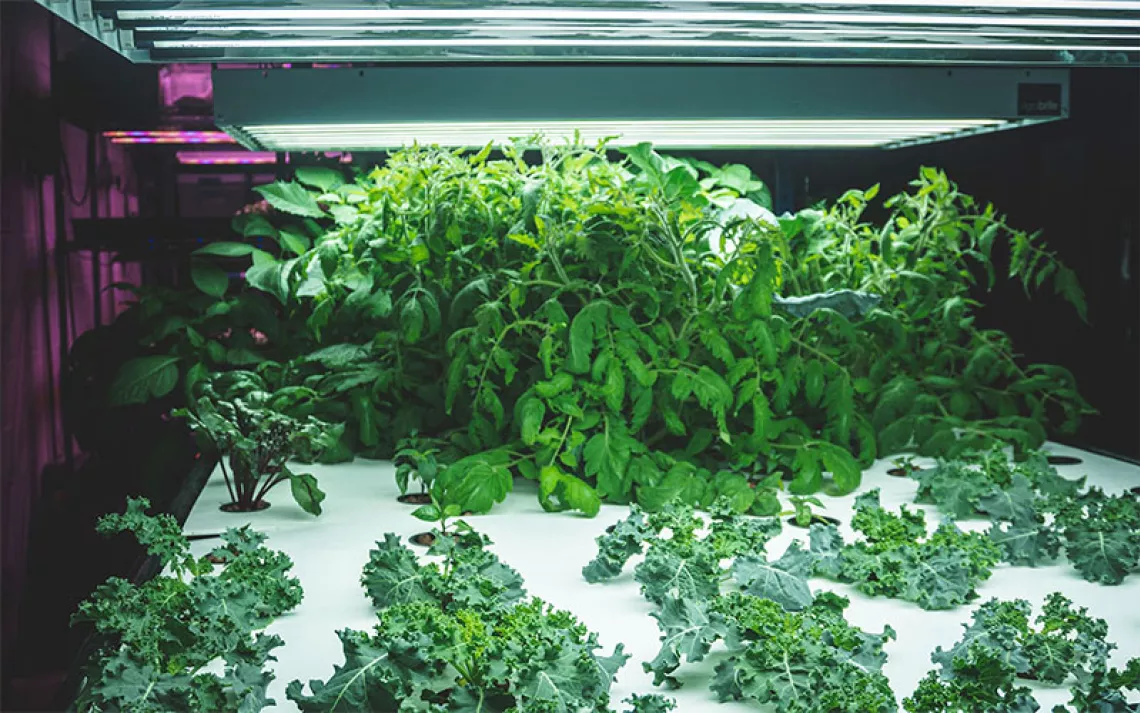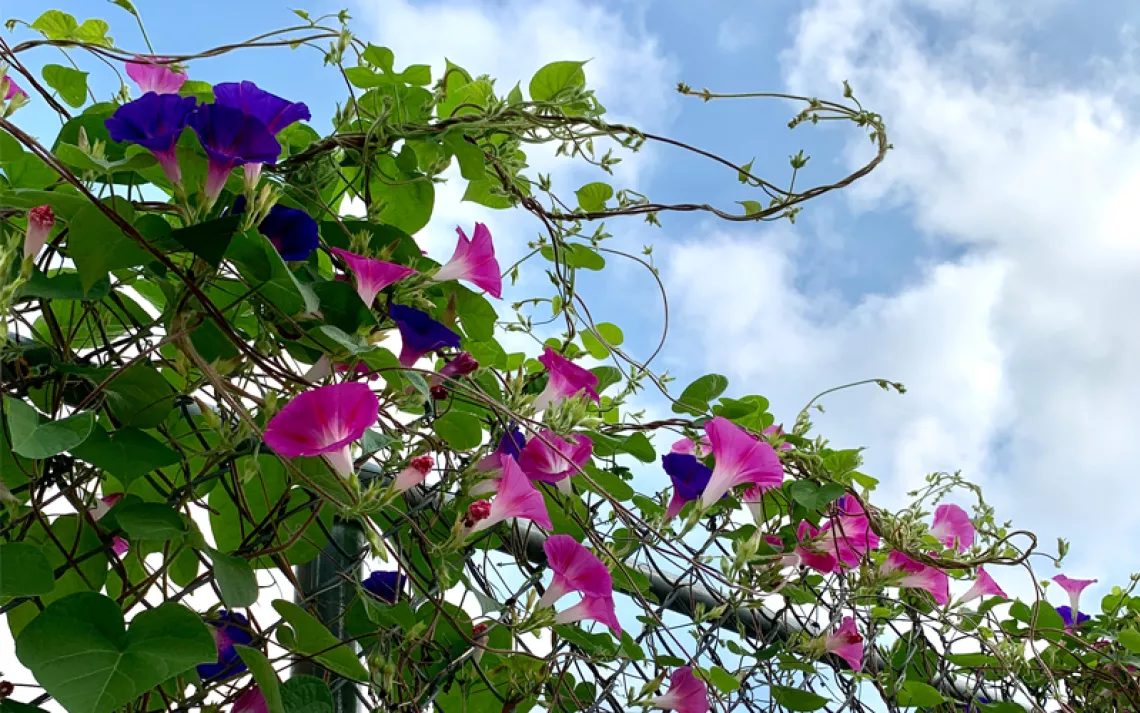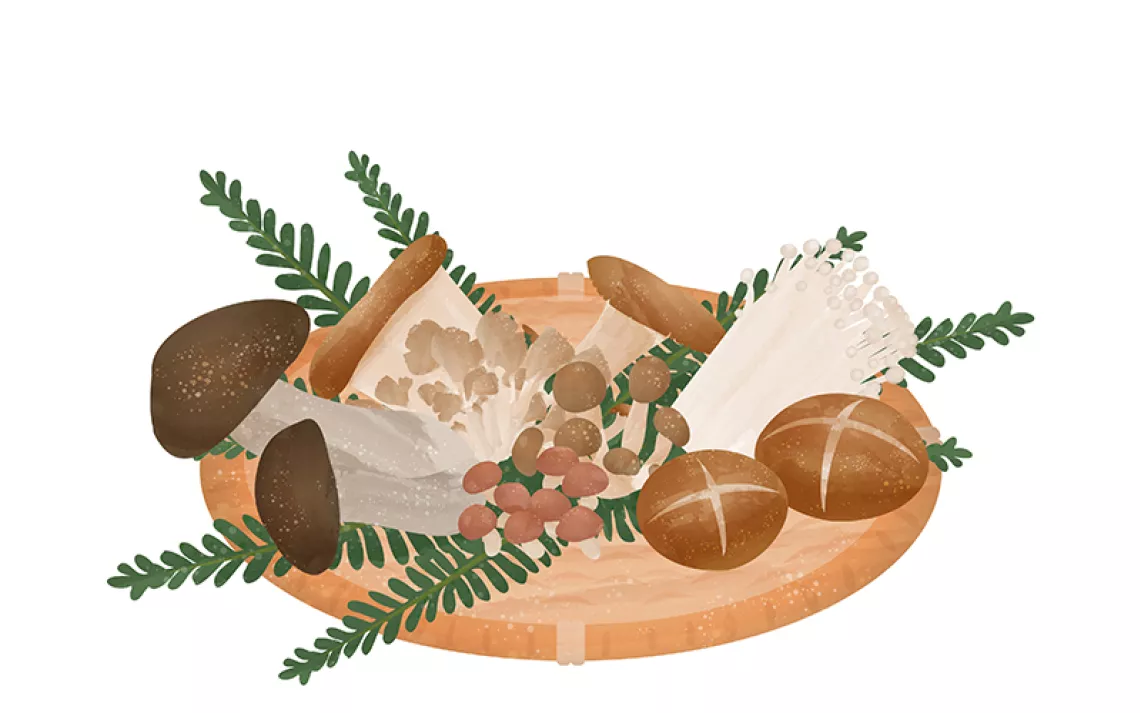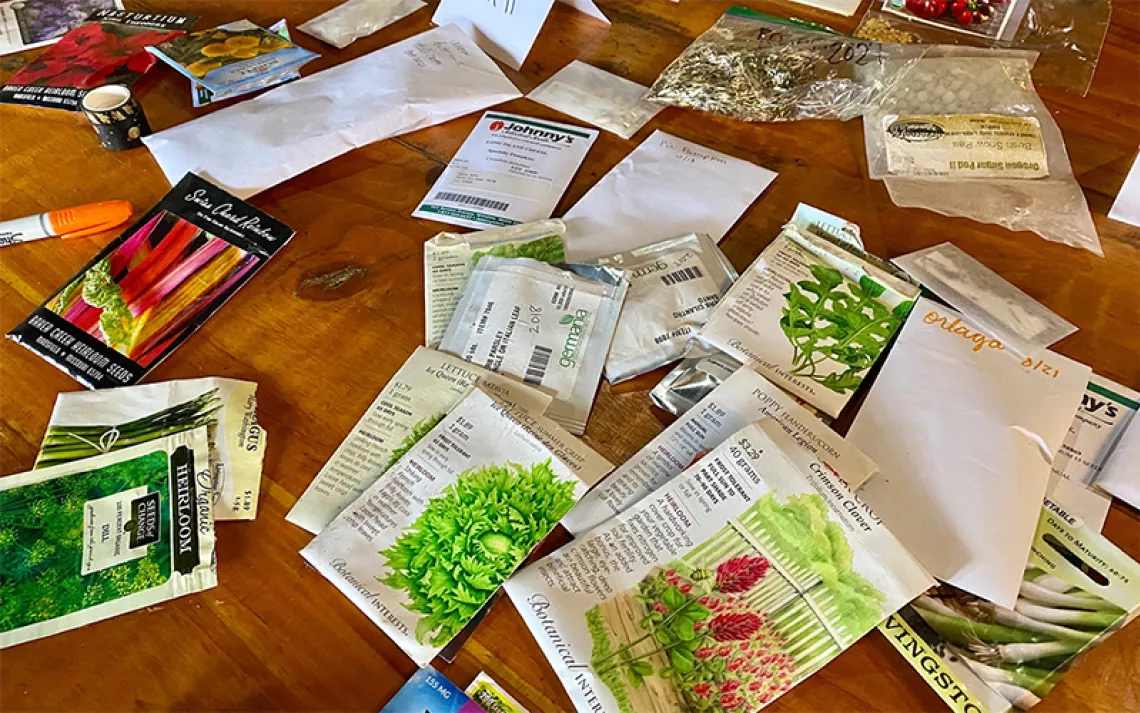Pesticides? Watch Your Language, Mr. Green
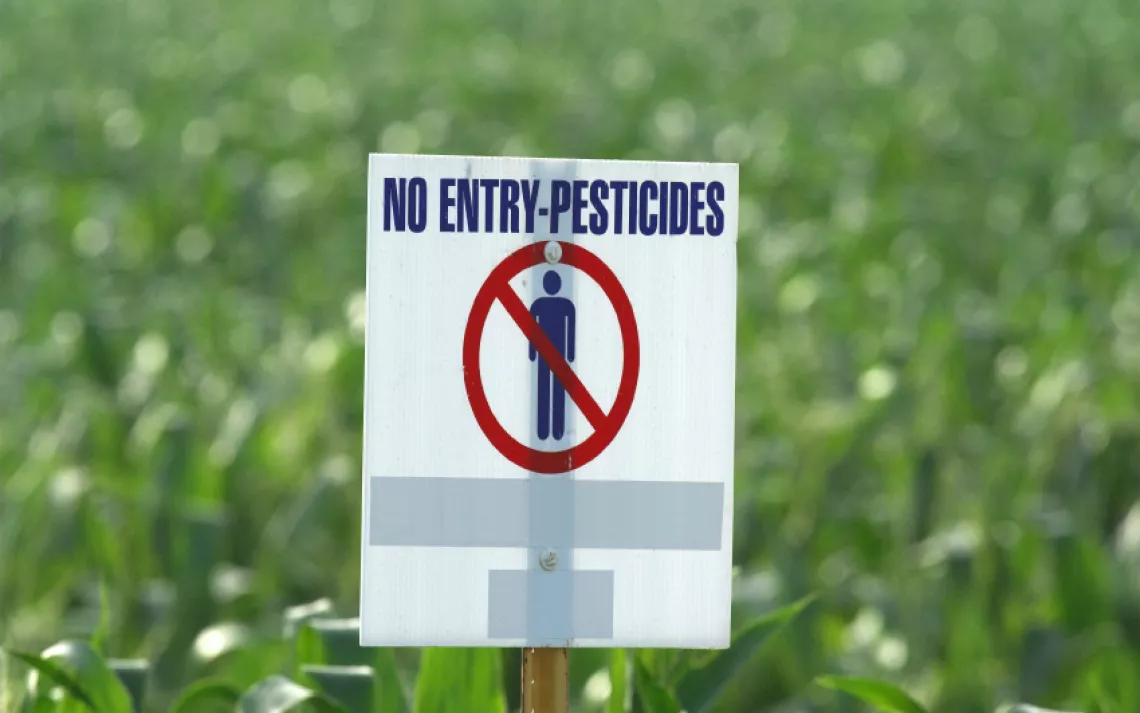
Photo by iStock/sambrogio
Hey Mr. Green,
You state “I cannot name a good spray-on substitute for Roundup or other pesticides whose active ingredient is glyphosphate.” You paint with a wide brush when you blur the line between pesticides and herbicides, which have two distinct uses, the former to kill insects and the latter to kill weeds.
—Robert, in Henniker, New Hampshire
I agree with you completely, although the word “pesticide” is now commonly applied both to herbicides and pesticides. Dictionaries typically define it as a substance used for destroying insects or other organisms harmful to cultivated plants or to animals, and the EPA itself uses the term “pesticide” for both herbicides and pesticides, as well as fungicides.
I don't much like this failure to distinguish between, say, DDT and 2,4-D, but I succumbed to the trend anyway, and wish I’d used the older, more precise definition. Mea culpa for that unusual bit of lameness.
Come to think of it, the terms “pesticide” and “herbicide” themselves are silly euphemisms. Maybe we should stop deploying weasel words that cover up the true identity of these chemicals, and just call them what they are: poisons, as in “insect poison” and “weed poison.” Some nit-pickers might object that you can’t really poison a weed. But if there are poisonous weeds, why can’t there be weed poison—as in poison ivy and ivy poison?
I'd like to think that the great George Orwell, who addressed the wanton abuse of language in his classic “Politics and the English Language,” would have had a similar reaction. Unfortunately, he passed away quite some time before we reached our total worldwide use 5 billion pounds a year of weed, insect, and fungus poison. —Bob Schildgen
 The Magazine of The Sierra Club
The Magazine of The Sierra Club
